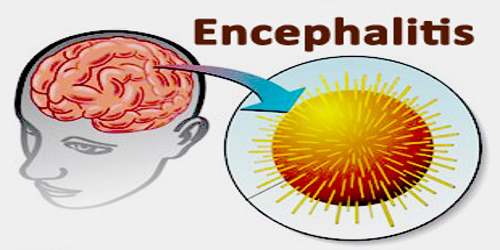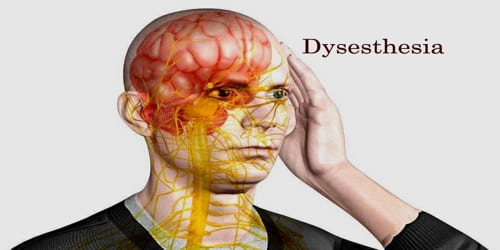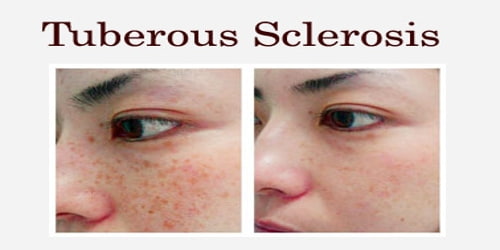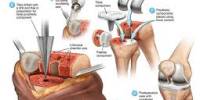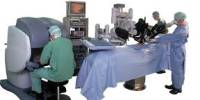Encephalitis
Definition
Encephalitis is an inflammation of the brain tissue. It is different from meningitis, which is defined as inflammation of the layers of tissue, or membranes, covering the brain. The most common cause is viral infections. In rare cases it can be caused by bacteria or even fungi. Symptoms may include headache, fever, confusion, a stiff neck, and vomiting. Complications may include seizures, hallucinations, trouble speaking, memory problems, and problems with hearing.
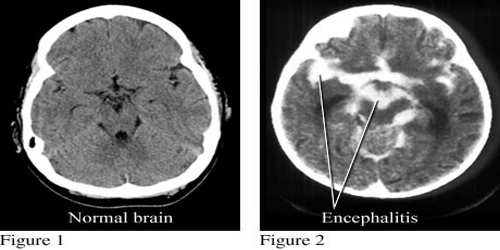
Risk factors include a weak immune system. Diagnosis is typically based on symptoms and supported by blood tests, medical imaging, and analysis of cerebrospinal fluid.
Encephalitis usually runs a short course, with full recovery within a week, but can cause brain damage and death. Treatment of encephalitis must begin as early as possible to avoid potentially serious and lifelong effects. Depending on the cause of the inflammation, treatment may include use of antibiotics, antiviral medications, and anti-inflammatory drugs. If brain damage results from encephalitis, therapy such as physical therapy or cognitive restoration therapy may help patients regain lost functions.
There are two main types of encephalitis:
- Primary encephalitis – This condition occurs when a virus or other agent directly infects the brain. The infection may be concentrated in one area or widespread. A primary infection may be a reactivation of a virus that had been inactive after a previous illness.
- Secondary encephalitis – This condition results from a faulty immune system reaction to an infection elsewhere in the body. Instead of attacking only the cells causing the infection, the immune system also mistakenly attacks healthy cells in the brain. Also known as post-infection encephalitis, secondary encephalitis often occurs two to three weeks after the initial infection.
Causes, Sign and Symptoms of Encephalitis
The exact cause of encephalitis is often unknown. But when a cause is known, the most common is a viral infection. Bacterial infections and noninfectious inflammatory conditions also can cause encephalitis.
Common Viral Causes: Viral encephalitis can occur either as a direct effect of an acute infection, or as one of the sequelae of a latent infection. The most common causes of acute viral encephalitis are rabies virus, HSV infection, poliovirus, and measles virus.
Other possible viral causes are arbovirus (St. Louis encephalitis, West Nile encephalitis virus), bunyavirus (La Crosse strain), arenavirus (lymphocytic choriomeningitis virus) and reovirus (Colorado tick virus). The Powassan virus is a rare cause of encephalitis.
Other common viruses that can cause encephalitis include:
- mumps
- Epstein-Barr virus
- HIV
- cytomegalovirus

The symptoms of encephalitis can range from mild to severe.
Mild symptoms include:
- fever
- headache
- vomiting
- stiff neck
- lethargy (exhaustion)
- Severe symptoms include:
- fever of 103°F (39.4°C) or higher
- confusion
- drowsiness
- hallucinations
- slower movements
- coma
- seizures
- irritability
- sensitivity to light
- unconsciousness
Infants and young children show different symptoms:
- vomiting
- bulging fontanel (soft spot in the scalp)
- constant crying
- body stiffness
- poor appetite
Diagnosis, Treatments and Prevention of Encephalitis
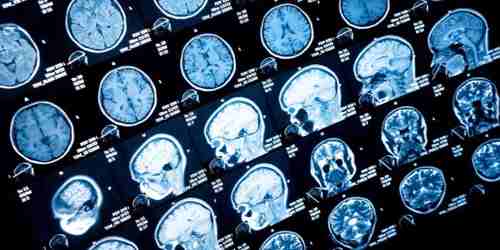
Diagnosing encephalitis is done via a variety of tests:
- Brain imaging. MRI or CT images can reveal any swelling of the brain or another condition that might be causing patients symptoms, such as a tumor.
- Spinal tap (lumbar puncture). A needle inserted into patients lower back removes cerebrospinal fluid (CSF), the protective fluid that surrounds the brain and spinal column. Changes in this fluid can indicate infection and inflammation in the brain. Sometimes samples of CSF can be tested to identify the virus or other infectious agent.
- Other lab tests. Samples of blood, urine or excretions from the back of the throat can be tested for viruses or other infectious agents.
- Electroencephalogram (EEG). Electrodes affixed to patients scalp record the brain’s electrical activity. Certain abnormal patterns may indicate a diagnosis of encephalitis.
- Brain biopsy. Rarely, a small sample of brain tissue might be removed for testing. Brain biopsy is usually done only if symptoms are worsening and treatments are having no effect.
Anti-viral medications can help treat herpes encephalitis. However, they aren’t effective in treating other forms of encephalitis. Instead, treatment often focuses on relieving symptoms. These treatments may include:

- rest
- pain killers
- corticosteroids (to reduce brain inflammation)
- mechanical ventilation (to help with breathing)
- lukewarm sponge baths
- anticonvulsants (to prevent or stop seizures)
- sedatives (for restlessness, aggressiveness, and irritability)
- fluids (sometimes through an IV)
The best way to prevent viral encephalitis is to take precautions to avoid exposure to viruses that can cause the disease. Try to:
Practice good hygiene. Wash hands frequently and thoroughly with soap and water, particularly after using the toilet and before and after meals.
Don’t share utensils. Don’t share tableware and beverages.
Vaccination is available against tick-borne and Japanese encephalitis and should be considered for at-risk individuals. Post-infectious encephalomyelitis complicating smallpox vaccination is avoidable, for all intents and purposes, as smallpox is nearly eradicated. Contraindication to Pertussis immunization should be observed in patients with encephalitis.
Reference:
